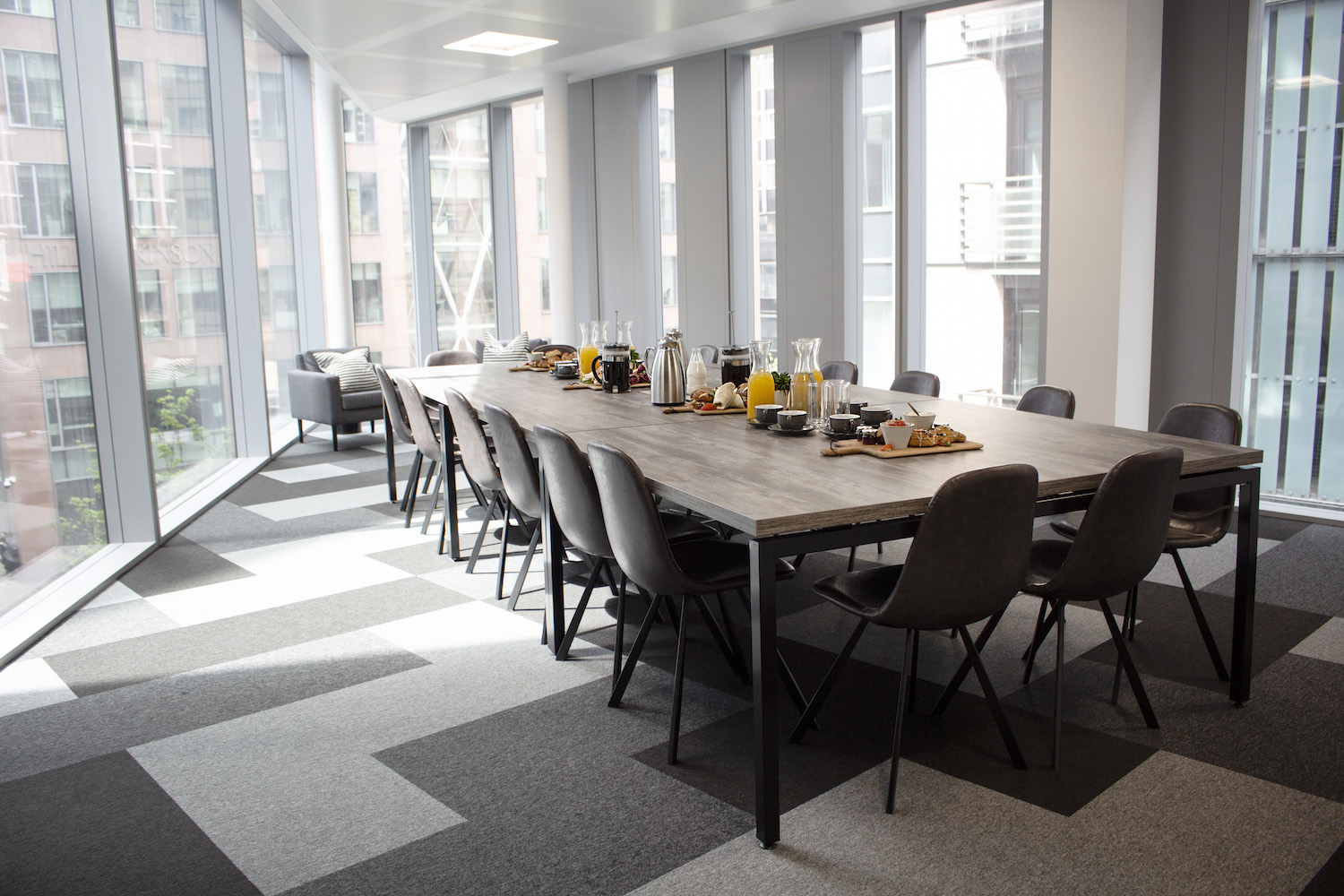6 Simple Steps To A Successful Meeting
As a society, we love meetings. Early morning, mid-day, catch-ups, away days, coffees…
The list is endless. Meetings come in every shape and size.
Over the past 50 years, meetings have increased in both length and frequency, with a study suggesting executives have gone from spending 10 hours, to nearly 23 hours a week in meetings. But it doesn’t have to be this way. While they might be difficult to avoid, there are steps that can be taken to ensure your meetings are as productive as possible.
So, want to reclaim some of your week? Follow these simple steps to ensure a successful meeting:
Be Prepared: The Agenda
It’s important to know what the discussion points of a meeting will be in advance. It means you’re already one step ahead in terms of productivity as attendees can bring notes and questions to the meeting that they will have researched in their own time, not yours.

State Your Objective
Just like the pre-meeting agenda, start on an efficient note. State what the aim of the meeting is. For example, deciding the launch date for a new product. This will help you stay on track throughout discussion and evaluate the success of the meeting at the end.
Location, Location, Location
Pick an appropriate setting for the meeting. One-on-one? Opt for a walk or coffee stop. If it’s a big group or you’re hosting clients, a boardroom is best. Use the location to represent the meeting. The formality of a boardroom can help structure a meeting and remind attendees why they are there, encouraging structured discussion and sticking to the agenda, which (hopefully) equals efficiency.

Avoid The Dial In
While it’s important to save time, jumping on a conference call might actually increase your time spent in meetings even if you aren’t really ‘in’ them. It’s best to meet face-to-face and avoid conference calls as much as possible. A good meeting requires minds working together, creating ideas, there really isn’t a substitute for face-to-face.
With an aim of efficiency, an apology for not attending is better than being on the end of the line, distracted by a different task or your emails.
Time Is Precious
When the meetings up, it’s up. This encourages efficiency before you’ve even begun. It means that you need to think about the agenda beforehand (which you should have done anyway – re-read point 1!). Divide up time to allow each point in the agenda the opportunity to be discussed. This plays a huge part in evaluate meeting success, if everything that you wanted the meeting to deliver has been spoken about, it’s likely that it’s been a productive use of time.

Take Action
The meeting may render useless if action points are not decided on and followed through. It’s important to know how to move forward from the meeting. Action points can become the outline for the agenda of the next meeting, as you can expect what will have been completed by that point in time.
Meetings are important. We don’t need to stop them all together. But sifting out the unnecessary components and putting effort into efficiency can lead to happy attendees, more time freed up for other projects and fosters a productive work environment. Setting an example to others could influence future meetings and therefore benefit an entire company, big or small.
Avenue HQ has a wide variety of meeting rooms on offer for all occasions. Both our members and the public can make the most of the spaces we have on offer, find out more about them here.


